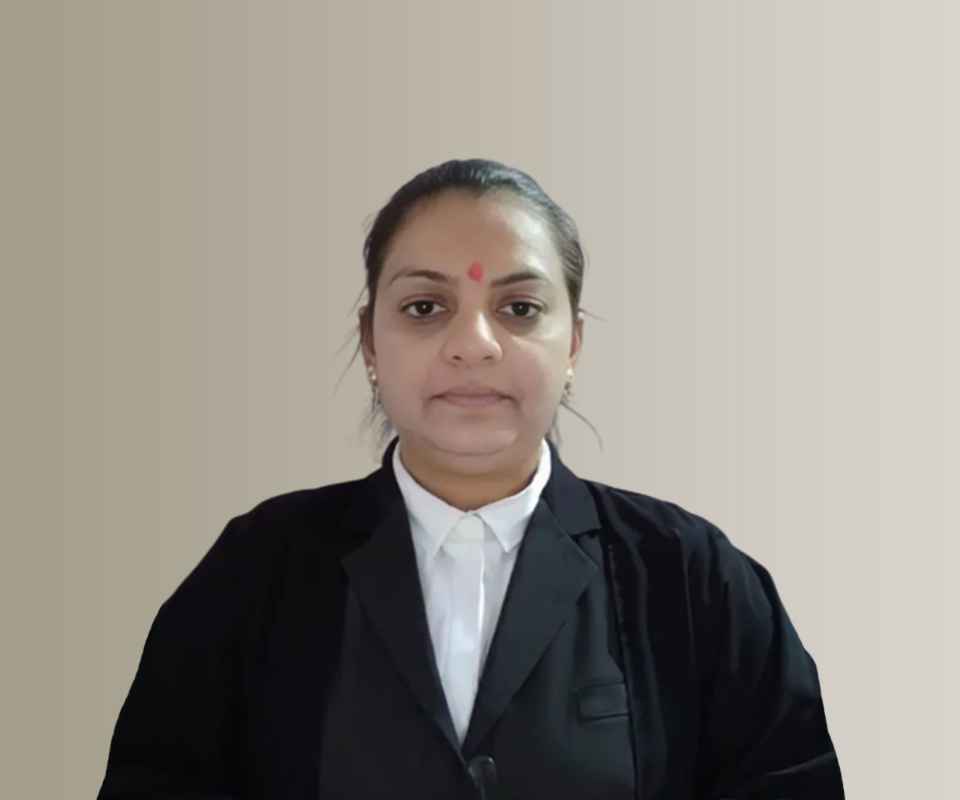Answer By law4u team
When both biological parents are deemed unfit to care for a child in India, the courts take proactive steps to safeguard the child’s well-being by appointing alternative guardians or considering adoption or foster care options. The child’s best interest remains the foremost priority in all decisions.
What Happens If Both Parents Are Deemed Unfit
Court’s Primary Concern: Child Welfare
The family court or guardian court focuses on the safety, security, and emotional and physical well-being of the child above all.
Appointment of a Guardian Under Guardian and Wards Act, 1890
The court may appoint a suitable guardian—usually a close relative, family friend, or trustworthy individual—to care for the child.
The guardian assumes legal custody and responsibility for the child’s upbringing.
Foster Care and Institutional Care
If no suitable guardian is available, the child may be placed temporarily in foster care or a government-approved child care institution.
Authorities monitor the child’s welfare and look for long-term solutions.
Adoption as a Last Resort
If parents cannot regain fitness or guardianship is not viable, courts may allow adoption to ensure permanent care.
Adoption laws and procedures under the Hindu Adoption and Maintenance Act, 1956 or the Juvenile Justice (Care and Protection of Children) Act, 2015 apply.
Review and Monitoring
The court periodically reviews the child’s situation and the guardian’s performance.
Guardians must report regularly and act in the child’s best interests.
Protective and Rehabilitation Measures
If parental unfitness is due to addiction, mental illness, or abuse, rehabilitation may be recommended with the possibility of reunification if conditions improve.
Example
Both parents of a 6-year-old child are found neglectful and unable to provide a safe environment due to substance abuse issues.
Court’s Actions:
- The court appoints the child’s maternal uncle as the legal guardian after verifying suitability.
- The child is placed with the uncle under the court’s supervision.
- The parents are ordered to undergo rehabilitation programs.
- The court schedules follow-up hearings to assess progress and consider possible future reunification.






